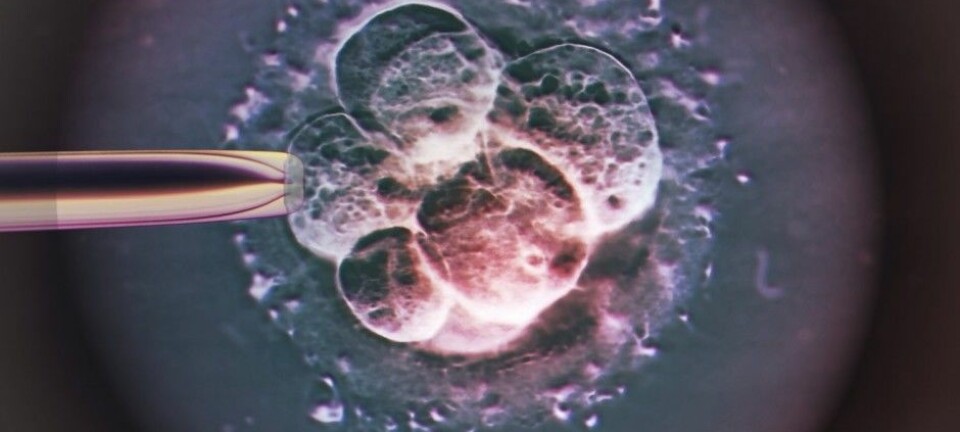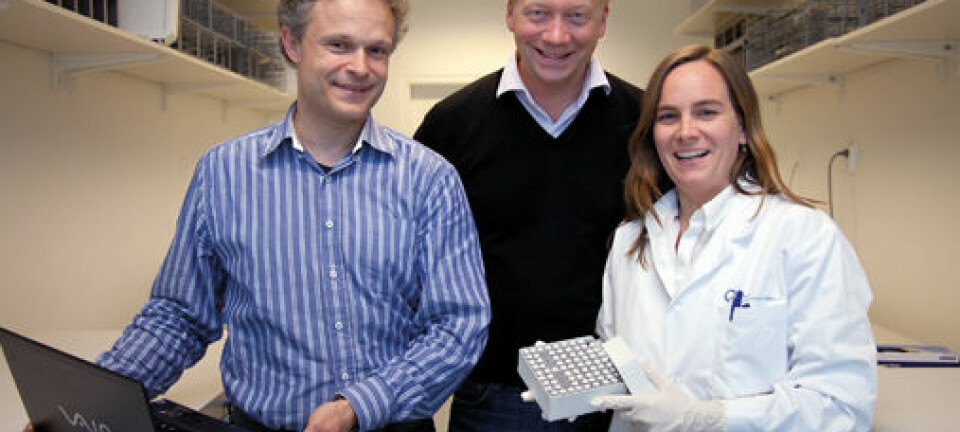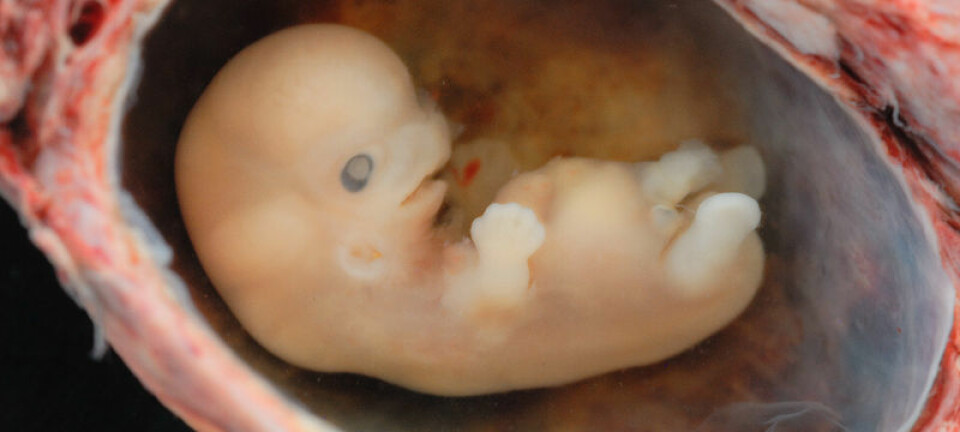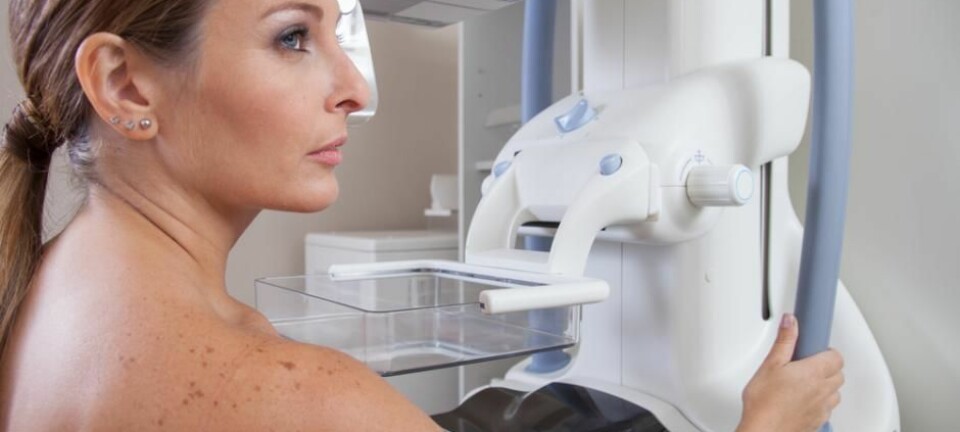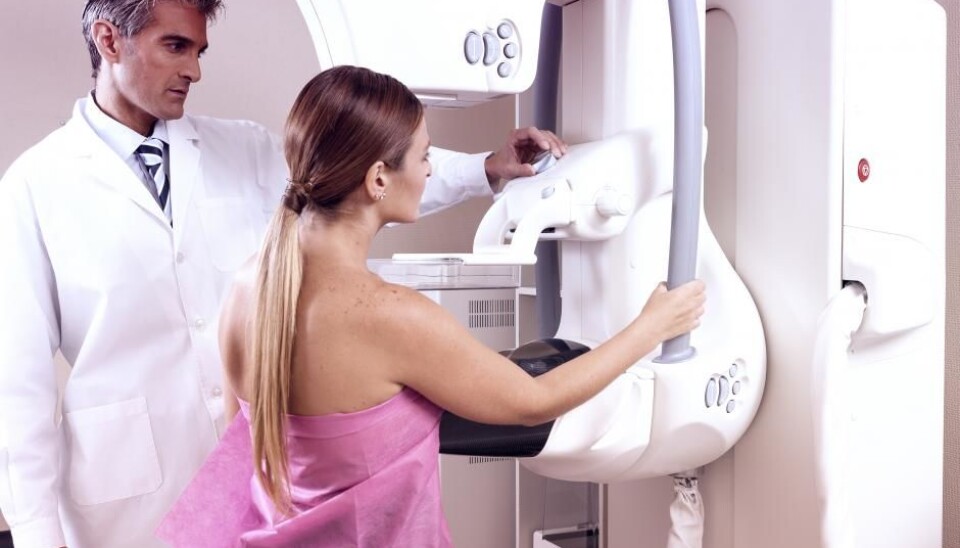
Working night shifts is unlikely to increase risk of breast cancer
New study shows that working night shifts for a short period does not increase the risk of developing breast cancer.
A new study from numerous universities and research institutes around Denmark shows that working night shifts for no more than five years does not make women more likely to develop breast cancer.
That is the conclusion of a large study of 155,000 Danish women.
Scientists have until now debated whether working night shifts in professions such as nursing, increases women’s risk of developing breast cancer, says Professor Henrik Kolstad from the Department of Clinical Medicine—Occupational Medicine at Aarhus University.
“By using [information from] the region’s pay system and comparing this with cancer diagnoses, we can now say that it doesn’t look as though working night shifts for less than five years increases the risk of breast cancer,” says Kolstad.
The research was financed by the Working Environment Research Foundation in Denmark and the results are published in the Scandinavian Journal of Work, Environment & Health.
Many years of working night shifts can increase risk of breast cancer
“The main challenge in these type of studies is to find reliable data, which is also why many studies point in multiple directions when it comes to a possible correlation between night shifts and breast cancer. Some studies find a correlation, but others don’t,” says Kolstad.
Working night shifts was suggested to be linked to breast cancer due to factors such as exposure to electric lights at night, which disturb the body’s natural balance of hormone melatonin and endocrine disruption, which can lead to breast cancer in the long run.
Co-author Johnni Hansen from The Danish Cancer Society says that there is still a long way to go before scientists fully understand the risks.
“Since 2010 there’s been many studies about night work and breast cancer. Most show that night work leads to an increased risk of breast cancer, some poor quality studies show that it doesn’t. Our new study shows that there is no immediate risk of breast cancer due to a few years of working night shifts, but there is still a well-founded suspicion that working nights for 15 to 20 years can increase the risk,” says Hansen.
Read More: Scientists can now predict breast cancer in four out of five cases
A new way to collect data
In the new study, scientists have compared information gathered from the Danish salary archives with data from the Danish Cancer Register.
The salary archive records the national security number of Danish citizens as well as their daily working hours. They collated data from 155,000 women, since 2007.
They were able to see which women worked night shifts and to what extent after 2007. By comparing this with the cancer registers, they saw that women who worked nights were not over represented among women diagnosed with breast cancer.
“The study includes all forms of occupational groups, and if there was a higher risk for breast cancer associated with night work, then we would’ve found it,” says Kolstad.
This method of collecting data is totally new and gives an accurate picture of the extent to which women work nights, says Kolstad.
Read More: Screening does not prevent aggressive breast cancer
Scientists in the US can add nuance to the study
Elsebeth Lynge is a professor at the Center for Epidemiology and Screening at the University of Copenhagen and an expert in cancer risk in population studies.
She was not involved in the new study, but she has read it and describes the methods and conclusions as valid.
But like the other scientists, she emphasises that the study only shows an effect from night work in the short term, but that the research is good and will hopefully encourage other scientists to investigate it further.
“Even though the data don’t allow you to say anything about the risk of breast cancer after a lifetime of working nights, it does tell us something about the short term,” says Lynge.
Moreover, the study design is good and I hope that other scientists will perhaps look to see if, for example, the US has older registers, which would allow us to get clarity on the long-term impacts,” she says.
In the meantime, Kolstad already has plans to follow up at a later date to study the long-term risk.
------------------------
Read the Danish version of this story on Videnskab.dk
Translated by: Catherine Jex
